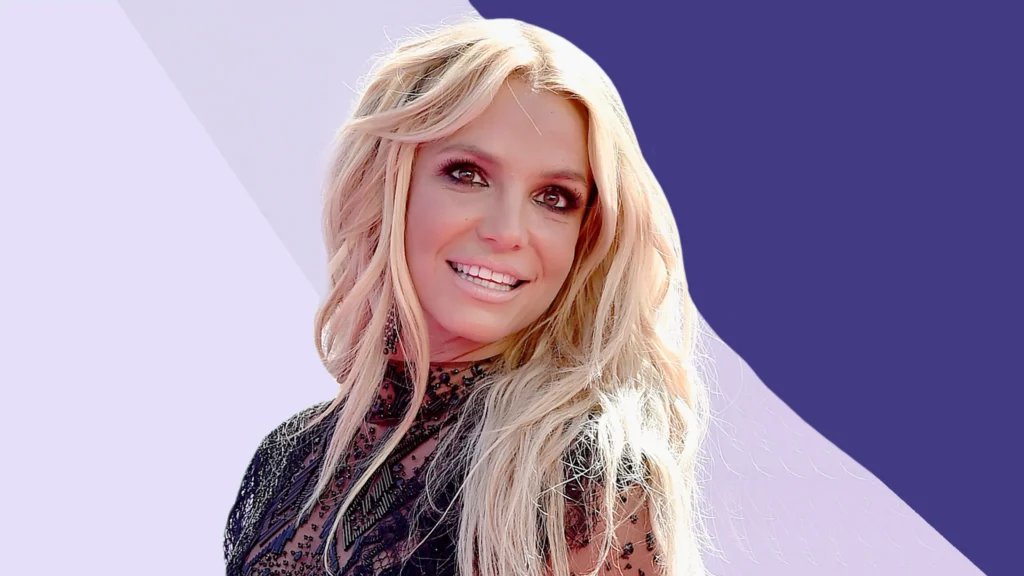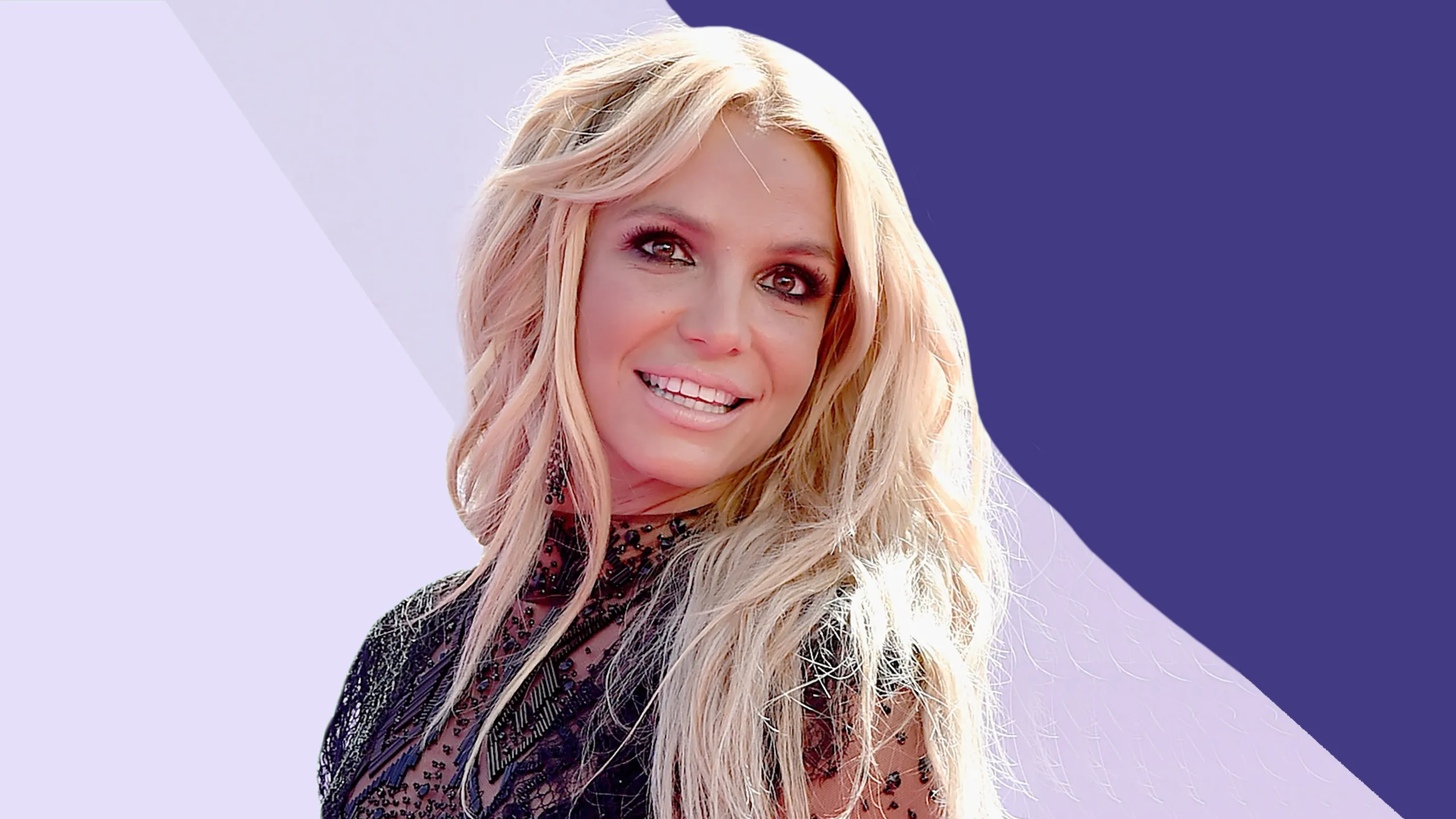Navigating consumer-creator trust and fears of professional retaliation in a newborn billion-pound industry.
Written by Rory Buccheri

If 90s and noughties kids answered the famous question ‘what do you want to be when you grow up?’ with things like astronaut, doctor, or Britney Spears, it’s about time we prepare ourselves for a big shift. The new generations may well answer: Tiktoker, Youtuber, or Influencer.
There is no escape from the fact that influencing has become a profession. Not just any profession, but one that is currently supported by a 21 billion-dollar industry and is estimated to reach 72% of Gen Z and Millennials.
Millions of content creators and streamers worldwide are creating their own stream of revenue, and the business model they follow often involves two things: notoriety and product sponsorship. Yet the connection between content production and sponsorship can be a controversial one.
Increasingly in the digital age, people base their consumer choices on what social media channels and its inhabitants feature (influencers among others), whether the choice is about buying a new brand of hair products, where to go for dinner or how to invest their savings.
Influencers are an important middle-man in an economy that is gradually shifting from the traditional model of advertising and marketing to an approach that feels more genuine and people-led. And yet, can it ever be genuine, or indeed ethical, when much of the profit influencers make depends on relations with the brands they champion?
Taking the world’s highest-grossing YouTuber as an example, 33% of MrBeast’s $500 million dollar net worth comes from partnerships, according to a Forbes report from 2022.
Whether it is more profitable for brands to monetise on content creators or vice versa is a conversation for another time. First of all, matters of authenticity and consumer transparency must be addressed.
Putting your money where your mouth is
Unlike ‘macro’ influencers, who are usually backed by high-profile partnerships with multinational brands (think Nike, McDonald’s, Shein), food influencers rely in large percentages on partnerships with local establishments, such as restaurants, bars, smaller-scale hospitality establishments and local chains.
By being closer to a more people- and family-driven industry such as hospitality, they are the perfect example to investigate how the industry balances and prioritises truth or content.
In a recent focus poll conducted on Instagram (the main food influencing platform, beating TikTok by a few millions), I surveyed 20 food influencers with varying following numbers – from 10k to 300k average – across the UK, including established national names.
The poll results highlighted that only 29% of the 20 surveyed had ever felt pressured to give a positive review to a business that had invited them.
At the same time, 78% of them expressed they had questioned the value of a review from a fellow creator or influencer because said review had a Partnership or Gifted label. (Note: sponsored content should be always be declared, following the CAP code enforced by the Advertising Standard Authority)
When it comes to transparency, it appears opinions are divided.
Three well-known UK-based food influencers have agreed to speak to me on the record, commenting on their professional experiences working alongside local and national brands and businesses.
‘At the start [of my career] I probably felt pressured to give good reviews’ says food blogger Fari (@dinewithfari), currently sitting in the top 5 most influential bloggers in London.
Fari has been a full-time influencer since January 2022, making a profitable living through hospitality partnerships.
‘I’m the type of person who wants to focus on the positives rather than the negatives’, she adds, but understands the responsibilities: ‘I realise people are actually using my recommendations and paying their hard-earned money with it’.
Global stats point to the same result, showing how 50% of Millennials trust product recommendations from influencers, and 37% of Gen Z actually base their purchases on posts shared by content creators.
With the weight of consumer transparency comes a stricter approach to the content she now champions. I wouldn’t agree to be a brand ambassador if I didn’t like what I was promoting or thought it was a waste of money.’
The way Fari approaches it is by avoiding posting content about places and experiences she hasn’t enjoyed, even though it has caused friction in the past. She has expressed how brands and businesses are often ‘pushy’ when it comes to reviewing, even if it does not form part of her agreement for a visit to a restaurant to result in a post/review on her blog.
When asked whether she trusts AD/Gifted posting from other creators, she admits it’s complicated. ‘A lot of creators prioritise what drives their engagement’.
‘When you are disclosing an ad, it can lower your engagement […] and show the post to your following, but not be distributed to a wider audience.’
As a result, many creators bypass this step in order to keep their engagement consistent, often as part of a business growth strategy. According to Fari, it is often clear who has gone as a paying customer and who hasn’t – it feels disingenuous.
‘That’s the reason why some creators wouldn’t disclose, but again it’s very important because not only you risk your content being taken away [if not AD compliant], but also you want to keep a good relationship with your following’.
‘Honesty from each reviewer […] is important. It avoids the rest of us being discredited when people see AD or gifted on our posts.’
Food for thought
For many, keeping influencing ethical is in the interest of counter-attacking the flood of fake news and fake reviews that is ever-present on social media. It doesn’t come as a surprise that de-influencing is also a trend (although following a similar sponsorship-reward pattern), with people enjoying more transparency over consumer issues.
However, honesty has a price, especially in the food influencing business.
Of the 20 participants surveyed, a third still felt somewhat pressured to post positive content, and a staggering 79% felt professional bodies (such as Unions and Trade Associations) would not be able to help if businesses they partnered with decided to retaliate as a result of their content.
Many creators experience backlash, not just from their audience (who are entitled to express their different tastes), but from the businesses they agree to visit.
‘I’ve had some backlash on a couple of negative posts, including a few messages saying, ‘[we were] the reason food and drink businesses shut down’, says Yorkshire-based Mackenzie (@foodtalkswithmackenzie).
‘There have been a couple of occasions where I have turned down going to visit restaurants, as they have requested the kind of reviews they would like.’
Despite that, ‘ I always state that my reviews will be honest when accepting the invite.’
Many influencers occupy grey areas of the industry, being influencers but also copywriters, journalists or publicists – roles that tend to enjoy some sort of assurance the creators won’t go down with their business.
It is the case with Margo Gabriel, who is also a Food & Drink columnist at TimeOut Lisbon and, as such, follows ‘a code of ethics as a journalist that [she] strictly abides by’.
As a journalist, that also means she has a stronger editorial infrastructure behind her in case businesses ever decided to complain or retaliate. In addition to that, she says reputation also plays a part in the industry.
‘My peers and industry people respect me and the work I produce’, she says, ‘if I were to […] objectively review a business, my hope is that [the feedback] would be welcomed with the clear intent to improve the business’.
As influencing takes stronger steps into the professional world, we see talent and influencer agencies stepping in, building from the ground up roles and codes of conduct that weren’t there two or three years ago.
The role of these agencies is to push talent to monetise as much as possible for partner brands, but they also play a vital role in a relatively lawless industry, providing some sort of protection for content creators.
‘Content Creation is a newer career and industry’, reiterates Fari, who is represented by a talent management agency. ‘I luckily have management who can guide me through any retaliation but even without them there should be more help to put in place.’
She argues that there should be professional bodies to protect creators, and mentions trade unions for creation as an appealing prospect.
‘If there was a Union for creators, I’d join’, she says, but ‘I would still retain my agency because they bring me work, and take care of my admin’. The agency is not just there as a safety net, but in effect gives her more time to do what she loves and less to spend sourcing work.
As reported by Forbes India, only 3.5% of self-proclaimed creators and influencers are represented by a talent agency, leaving the other 96% in a position that is both appealing – making profit on their own terms – and sometimes scary, with little to no protection in place.
With their pockets in close proximity to the brands they choose to represent (and with a heavy sword of Damocles over their head), it is hard to make influencing an industry free of conflict of interests. In the meantime, the appetite for content – honest, aesthetic, viral – is ever-growing.

